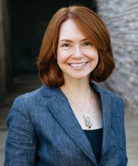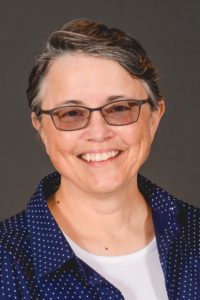Online Teaching, Online Learning
Welcome to the Wabash Center's blog series:
Online Teaching, Online Learning
Questions about teaching and learning online are common across higher education. This blog series explores questions about online teaching and learning. Ten bloggers explore such topics as community formation online, effective language instruction at a distance, online course design, diversity in online learning contexts, and so on.
Follow us on Twitter and Facebook to receive announcements of new postings.
Sign up for our eNewsletter to receive timely announcements of Wabash Center programs.
Select an item by clicking its checkbox
In a recent study, my research group at Harding University explored how a person’s learning context and personal experiences contribute to learning in an online course (Westbrook, McGaughy, and McDonald, 2018). The analysis highlighted the importance of experience as a resource for learning. In his book Nothing Never Happens, John ...
Two years ago I decided to kill voice-over PowerPoint as an online teaching tool. It wasn’t nearly as hard to kill as I thought it would be. And, for good reasons, I won’t go back. If you are new to online teaching, someone will inevitably suggest voice-over PowerPoint ...
When you teach online, you get accustomed to classroom teachers telling you they can’t imagine not being in the same place at the same time as their students. Usually what they dwell on is not being in the same place. They profess difficulty imagining being geographically distant from their ...
We can boil successful strategic planning around distance education down to three things. First, know how to create lots of ways to use the digital environment for effective teaching and learning. Second, know your potential students. Third, bring the two together: develop a set of scenarios in which to leverage ...
As a professor at a Catholic graduate school of theology and ministry, I need to consider the spiritual, human, intellectual, and pastoral formation of my students as I develop course curriculums. Often opportunities for growth and learning occur when students experience difficulty and dryness; conflict and confrontation; rigidity and dissonance, ...




